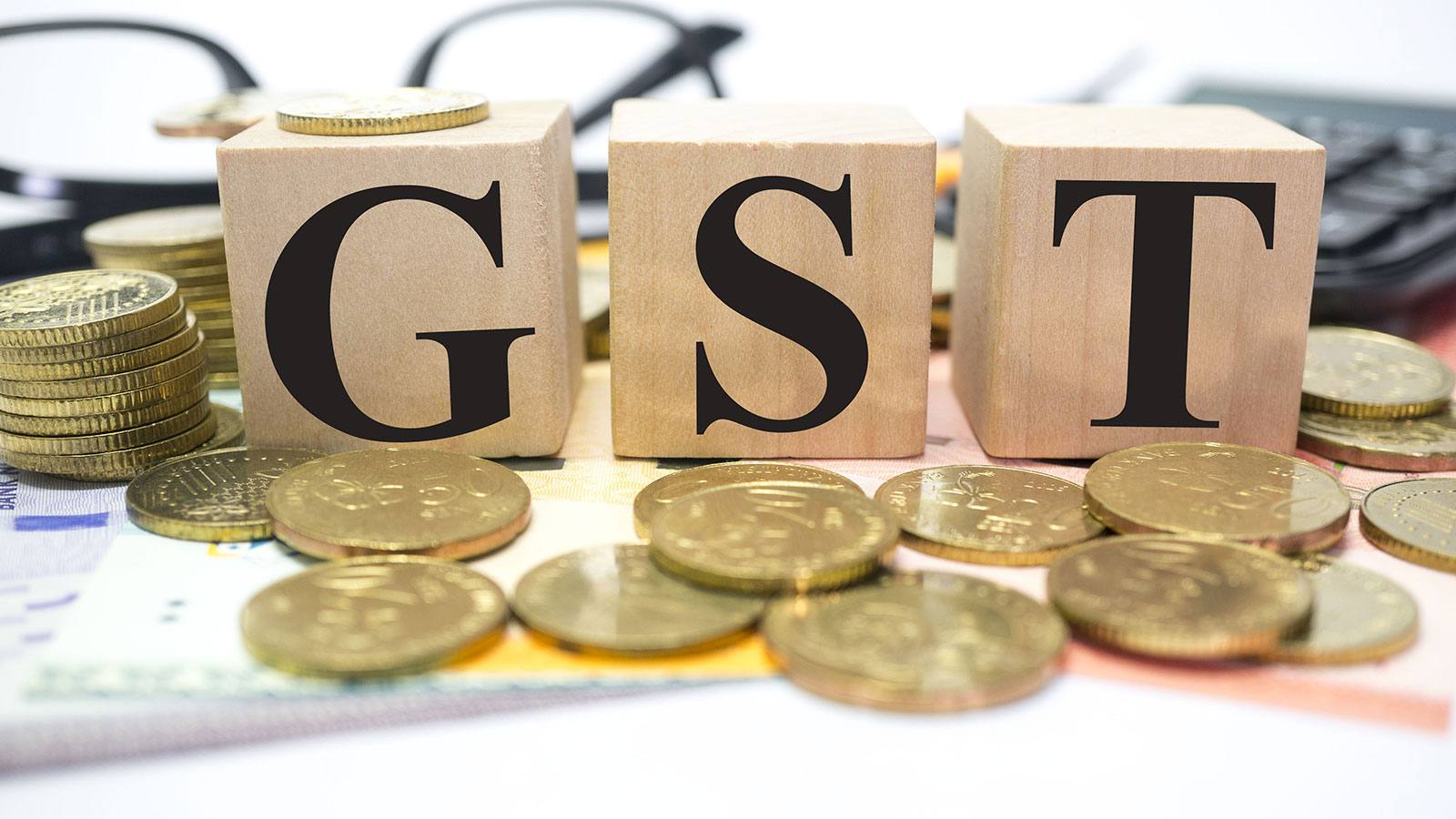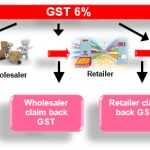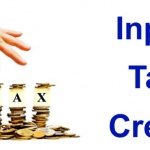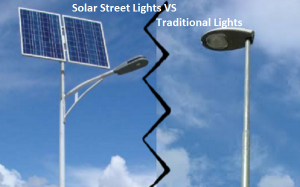Goods and Services Tax (GST) is one of the most crucial tax reforms in India. It was implemented from 1st of July, 2017. GST Bill is an indirect taxation in India that merges most of the existing taxes into a single tax structure to make the tax system simpler.
It becomes important to discuss about the impact of this revolutionary change in the Indian taxation system that will get rid of indirect taxes in India on the e-commerce companies. It is vital to look out for various impacts of GST that influence buyers and sellers on e-commerce.
List of Main Points Which an e-Commerce Business Need to Implement in Becoming a GST compliant platform
For an online seller, you must ensure that your online platform is working on the following points to become GST compliant platform:-
#1)Tax credit
The service tax amount is used as an input credit after the implementation of GST. This increases the profit margin of online sellers.
#2)Transparency
After the incorporation of GST bill in India, it has become easier to identify fake, low quality and non-compliant sellers. This has given way to honest, tax-compliant sellers which will in turn lead to reduction in competition.
#3)Curbing resale of products (specially in B2B)
Wholesale gets deeply affected with customers buying goods on discount and reselling them offline. GST Act is highly effective method to curb this malpractice.
#4)Place of supply
GST offers a perfect mix of simplified selling for the sellers and easy procurement for the buyers. If you are a seller on Industrybuying.com, then you need not worry at all. We offer simplified procurement for buyers and sellers. We offer full GST compliant technology, 5-10% of overall savings, 100% tax credit and indirect cost savings to the sellers.
For buyers, we offer guaranteed cost savings of 2-10% of pre-GST prices, 100% tax credit on transactions, and indirect cost savings of up to 5%. With the onset of GST, there is a more efficient supply chain management system. Now the tax credits flow seamlessly. There is no penalization on outside state sales and purchases.
GST has optimized the supply chain based on logistics availability and cost rather than tax structure. With the onset of digitization, it is vital for manufacturers to consider the digital medium for publishing the product specifications to gain access to a wide consumer base.









Average Rating